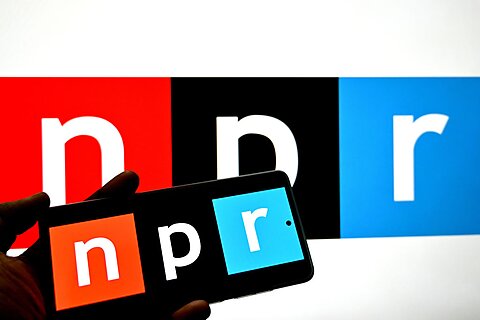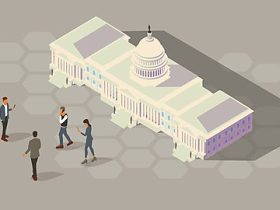Michael Chapman
In a small but politically significant win for liberty, Congress has passed the 2025 Rescissions Act, eliminating $9.1 billion in previously allocated funds—including $1.1 billion for the Corporation for Public Broadcasting (CPB), which helps fund NPR and PBS. President Trump is expected to sign the bill into law.
This marks a hard-won victory for fiscal conservatives and libertarians, especially scholars at the Cato Institute, who have called for defunding the CPB since 1977. While the programs are not formally abolished, they have now been defunded for the next two years—a precedent-setting shift in public policy.
“This is a big win for taxpayers,” said Senator Rand Paul (R‑KY) on X. “We shouldn’t be subsidizing businesses and corporations. Let them survive in the free market just like every other business has to.” (The bill also rescinds $8.9 billion from USAID and other foreign aid programs.)
Although many Republican lawmakers and conservative policy wonks complained about the liberal-left bias on NPR and PBS, libertarians argued—for decades—that taxpayer-funded media is constitutionally dubious. When the government subsidizes anything, it will become political, complete with liberal or conservative biases.
“In a society that constitutionally limits the powers of government and maximizes individual liberty, there is no justification for the forcible transfer of money from taxpayers to artists, scholars, and broadcasters,” states the Cato Handbook for Policymakers (9th edition) in its chapter Cultural Agencies. “If the proper role of government is to safeguard the security of the nation, by what rationale are its residents made to support exhibits of paintings, symphony orchestras, documentaries, scholarly research, and radio and television programs they might never freely choose to support? The kinds of things financed by federal cultural agencies were produced long before those agencies were created, and they will continue to be produced long after those agencies are privatized or defunded.”
Congress should “eliminate the National Endowment for the Arts, eliminate the National Endowment for the Humanities, and defund the Corporation for Public Broadcasting,” states the Handbook.
In 2005, David Boaz, former Cato executive vice president and author of The Libertarian Mind, testified before Congress, urging it to “terminate the funding for CPB.”
“We wouldn’t want the federal government to publish a national newspaper,” he said. “Neither should we have a government television network and a government radio network. If anything should be kept separate from government and politics, it’s the news and public affairs programming that informs Americans about government and its policies.”
“When government brings us the news—with all the inevitable bias and spin—the government is putting its thumb on the scales of democracy,” he added. “Journalists should not work for the government. Taxpayers should not be forced to subsidize news and public affairs programming.”
“No article of the Constitution authorizes a national broadcast network,” Boaz reminded Congress.
Though long overdue, Congress’s defunding of NPR and PBS is a real step in the direction of liberty. The next goal is to make the cuts permanent in 2027—and to close the doors at CPB for good.







